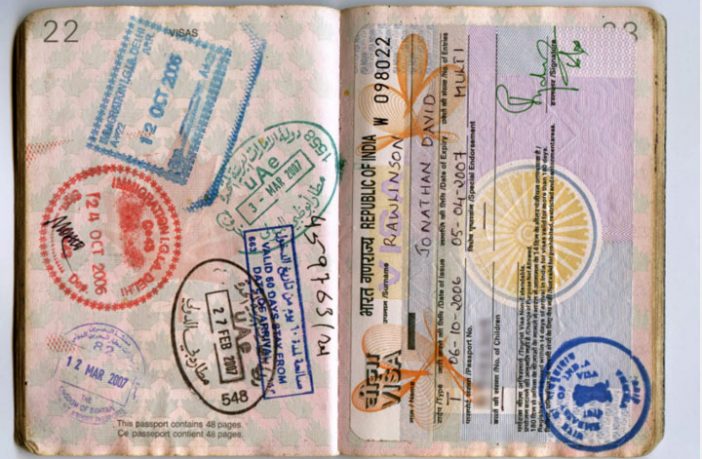A Somali national who traveled illegally through the Americas and the U.S. is on trial for the attempted murder of five people in Canada.
Though Abdulahi Hasan Sharif appears to be the first U.S. border-crossing asylum-seeker to commit a terrorist attack, don’t expect Canada’s straitened court proceedings to shed much light on his underlying motives or the security breaches that enabled him.
On Sept. 30, 2017, Sharif allegedly rammed a vehicle into an Edmonton policeman outside Alberta’s Commonwealth Stadium. Sharif reportedly stabbed the officer before fleeing. An ISIS flag was found inside the car.
A few hours later, Sharif showed up in downtown Edmonton driving a rented U-Haul truck, which ran down four citizens. The truck overturned after a chase, and Sharif was arrested. All victims survived.
At his arraignment, the 30-year-old Sharif pleaded not guilty to 11 felony charges, including five counts of attempted murder.
So how did this wayfaring Somali get to Canada? And what was the reason for his transcontinental journey?
According to media reports, Sharif left Somalia in 2008 and transited through Kenya, Tanzania, Zambia, Namibia and Angola before flying to Brazil. He worked at a chicken-processing plant there before hiring smugglers to help him continue on to Mexico. Canadian Press reported that Sharif got to the California border on July 12, 2011.
Jonny Wakefield of the Edmonton Journal reported that Sharif crossed into the U.S. at the San Ysidro Port of Entry and requested asylum. For reasons unknown, U.S. immigration Judge Carmene Depaolo rejected Sarif’s asylum claim and ordered him deported to Somalia.
That deportation never happened. Todd Bensman, writing in The Federalist this month, suggested it was because “no civil authority in Somalia had developed enough to accept deportees from the United States.”
“Because various U.S. court rulings and policies didn’t allow for such stateless people to be indefinitely detained, Sharif was released on an order of supervision,” Bensman noted. Sharif was supposed to report to U.S. Immigration and Customs Enforcement regularly but failed to show up on Jan. 24, 2012. He was in Canada by then.
As FAIR commented on the Sharif saga: “’Vetting,’ ‘rigorous vetting’ and ‘extreme vetting’ of refugees from countries without viable governments or functioning civil societies is not as assuring as it might sound.”
Now, because Alberta prosecutors did not charge Sharif under terrorism statutes, it is unlikely the trial in Edmonton will reveal any pertinent insights into U.S., or even Canadian, security lapses. The government has imposed a publication ban on the proceedings, effectively blocking courtroom journalists from reporting anything not in actual court testimony.
Footnote: In October 2018, the House Oversight and Reform Committee’s Rep. Trey Gowdy, R-S.C., issued a letter formally requesting that DHS’s Office of Inspector General (OIG) investigate the Sharif case because “it appears there has been no comprehensive study of the incident.” A year later, there’s been no word on whether the OIG ever took up the committee’s request.





1 Comment
Pingback: Asylum Seeker With ISIS Flag Tried Killing Five in Canada, But Don’t Call Him a Terrorist – The Importance of Business